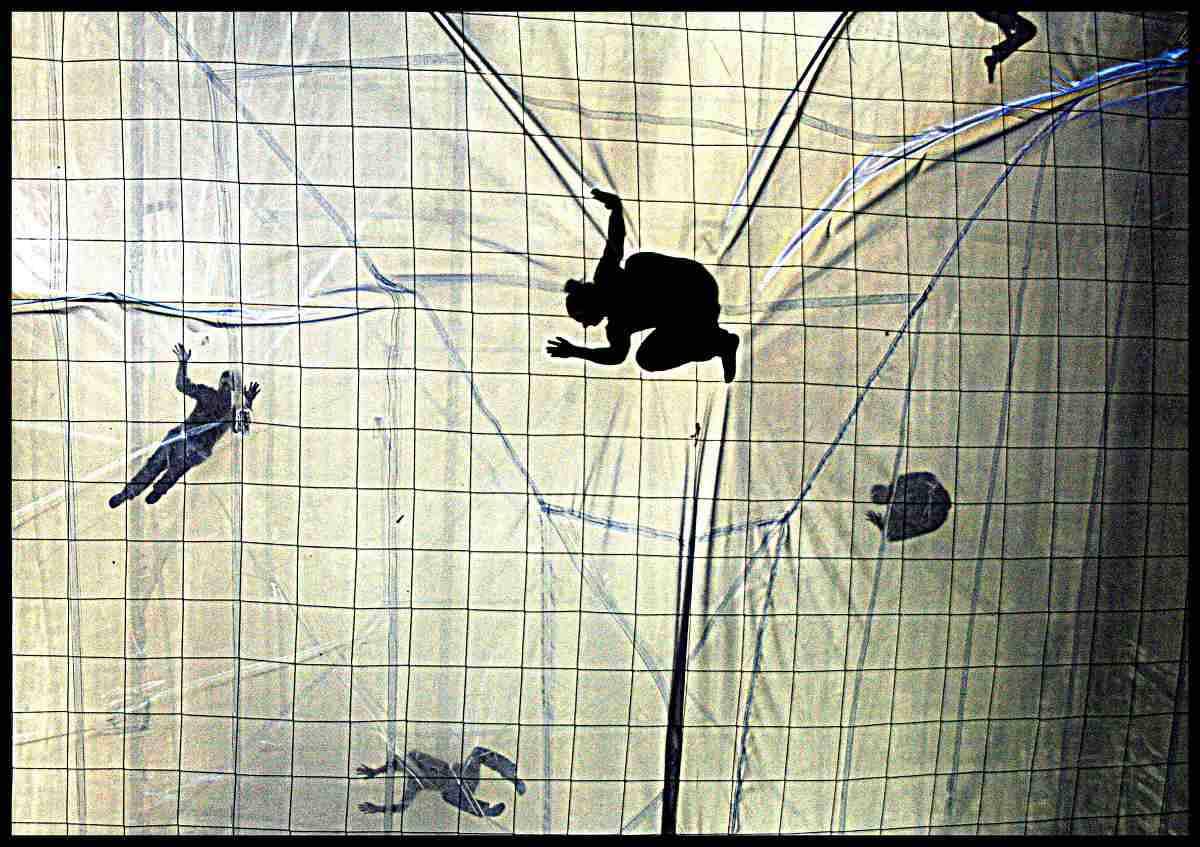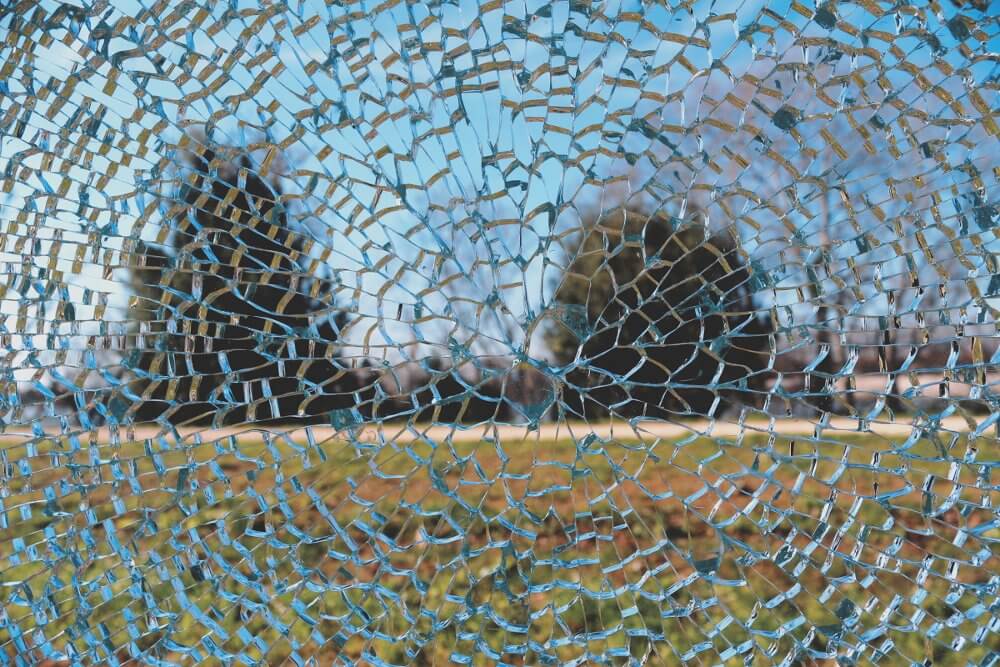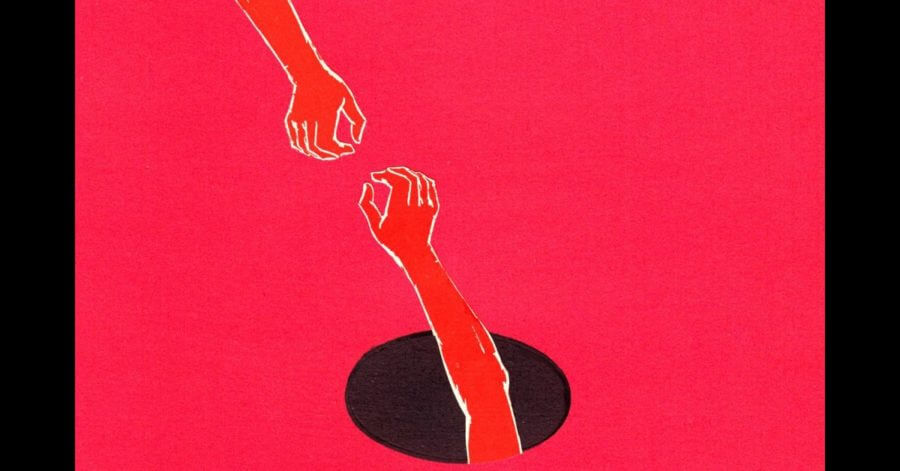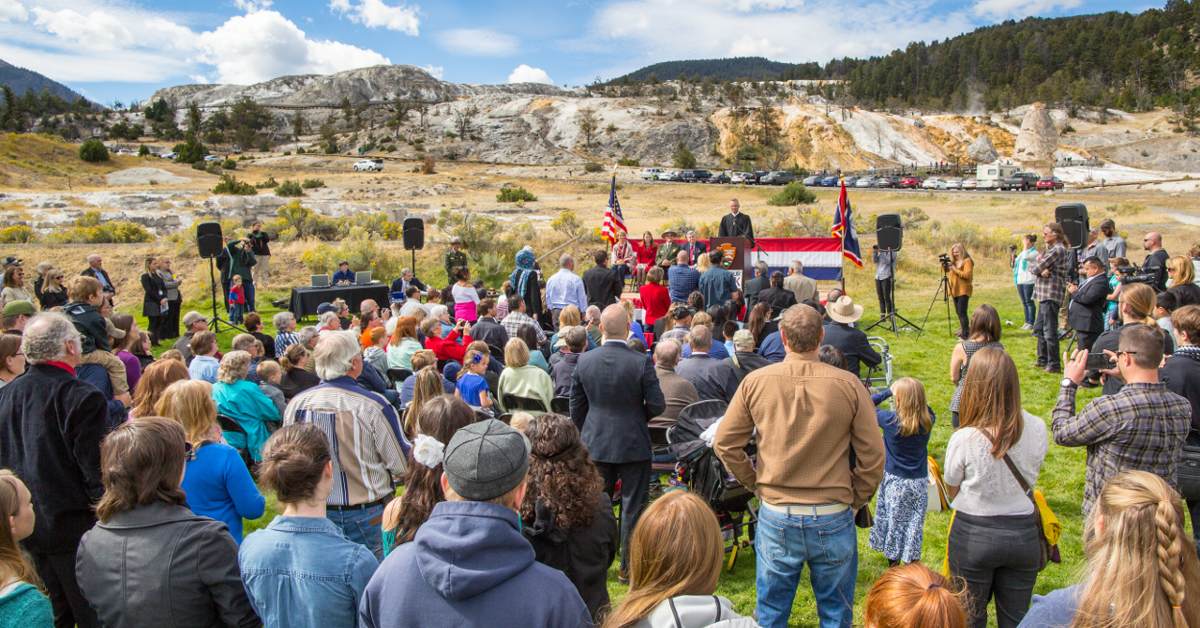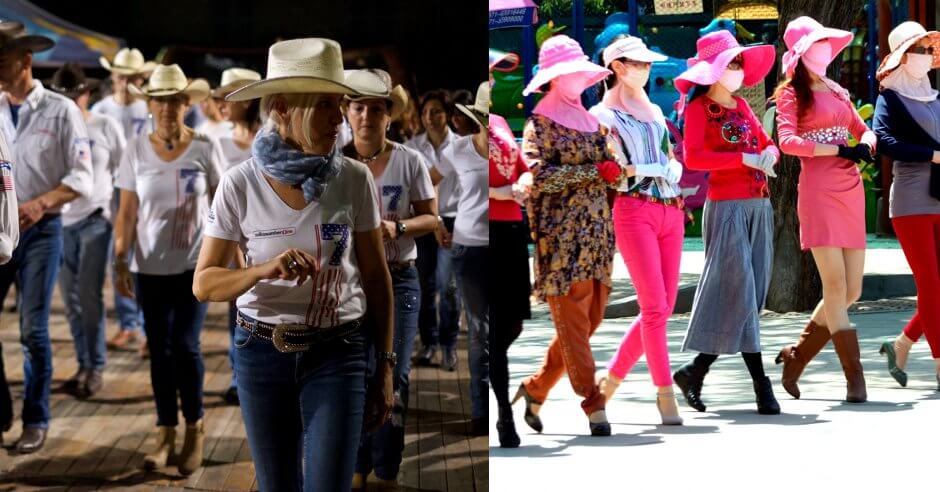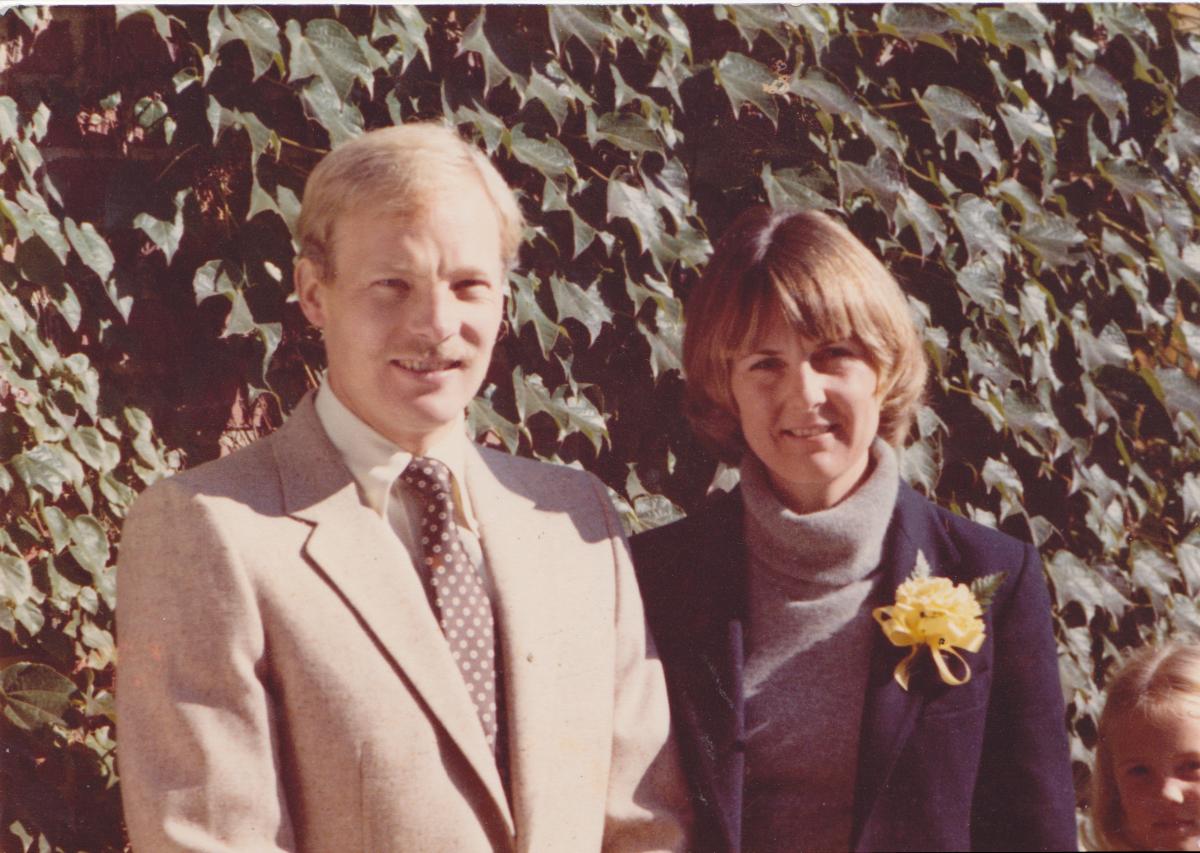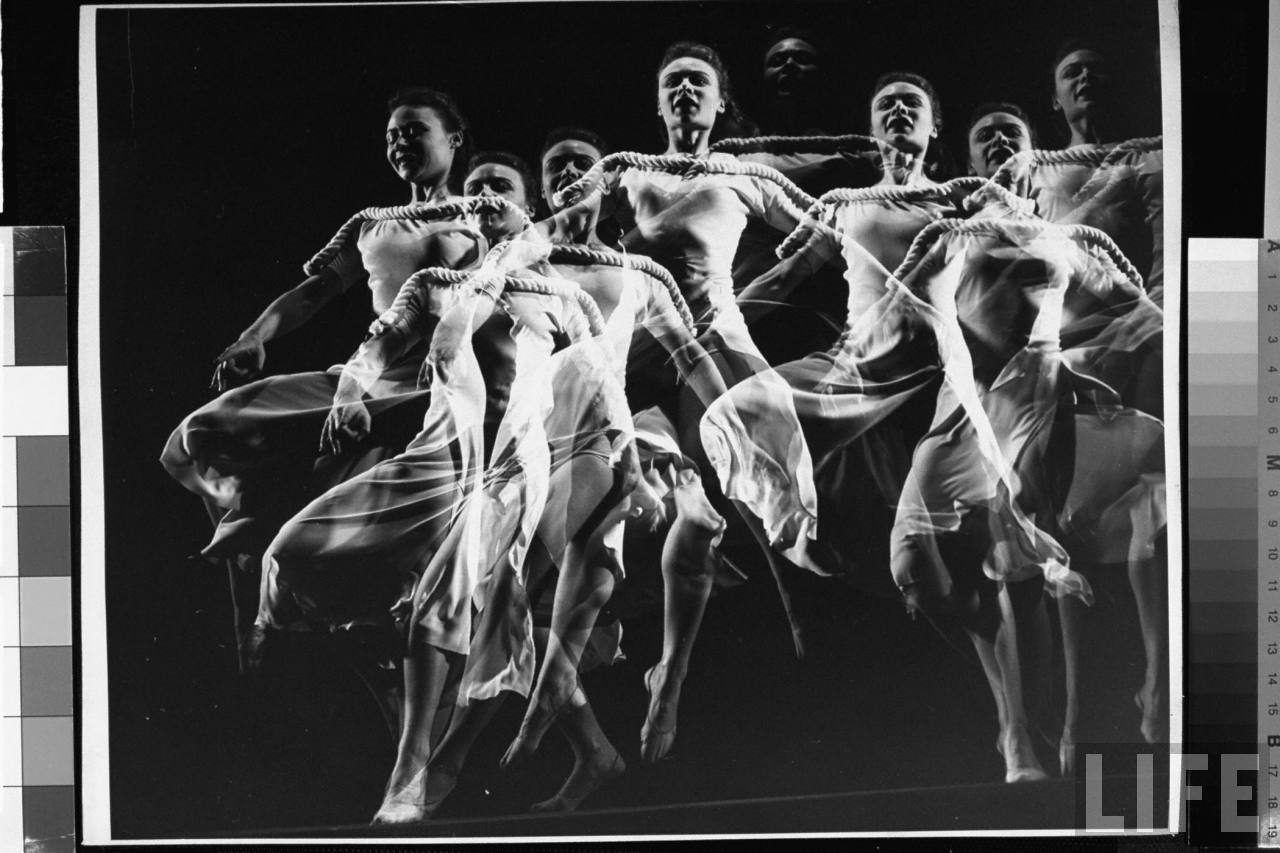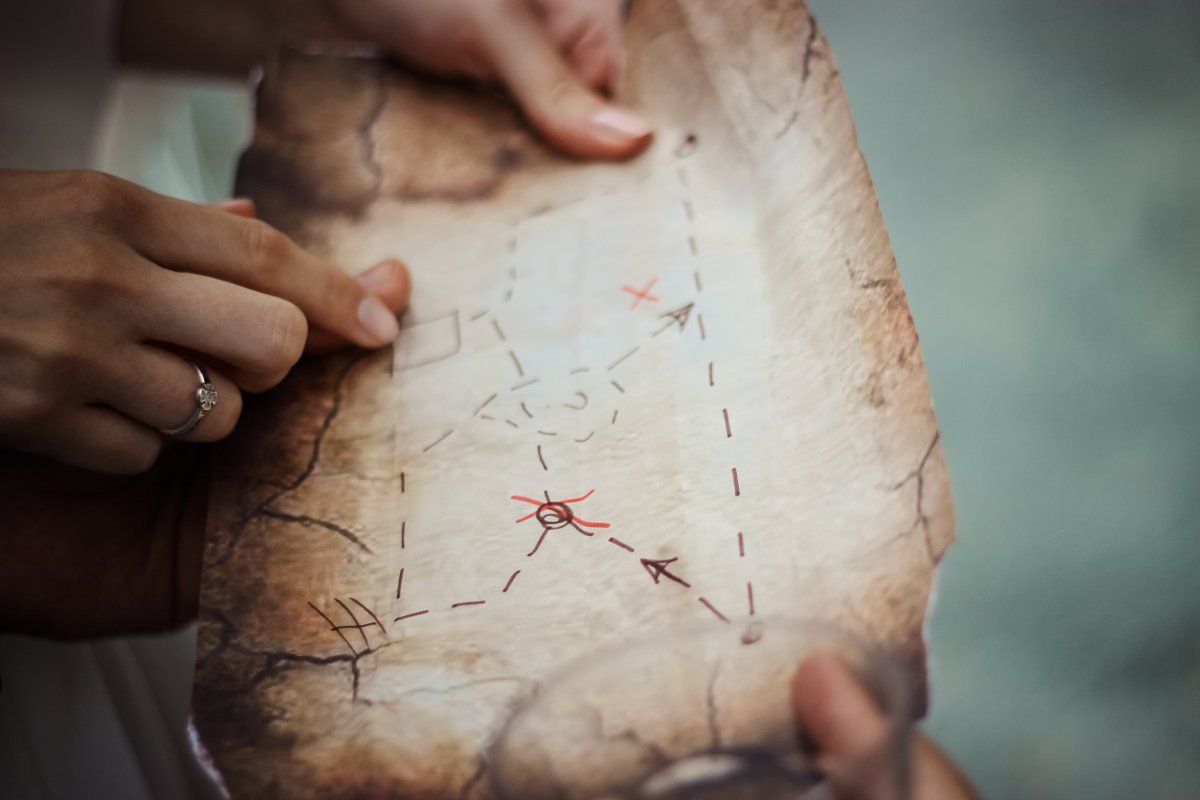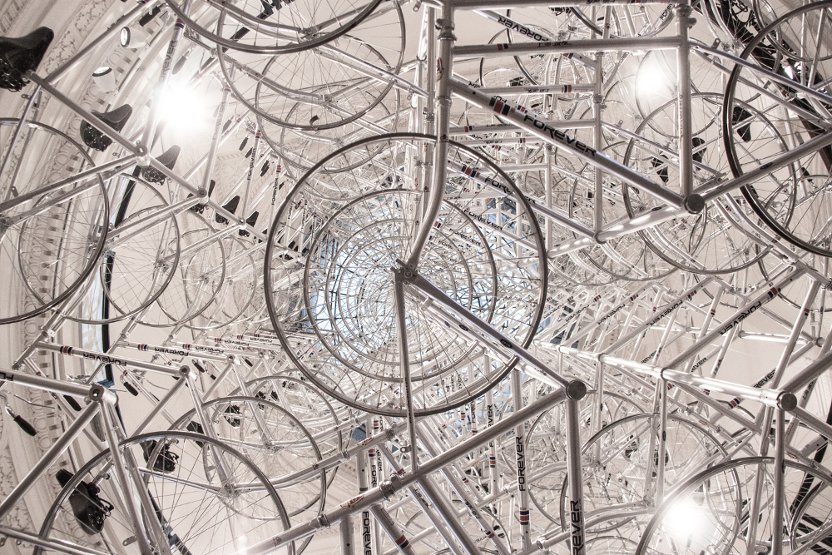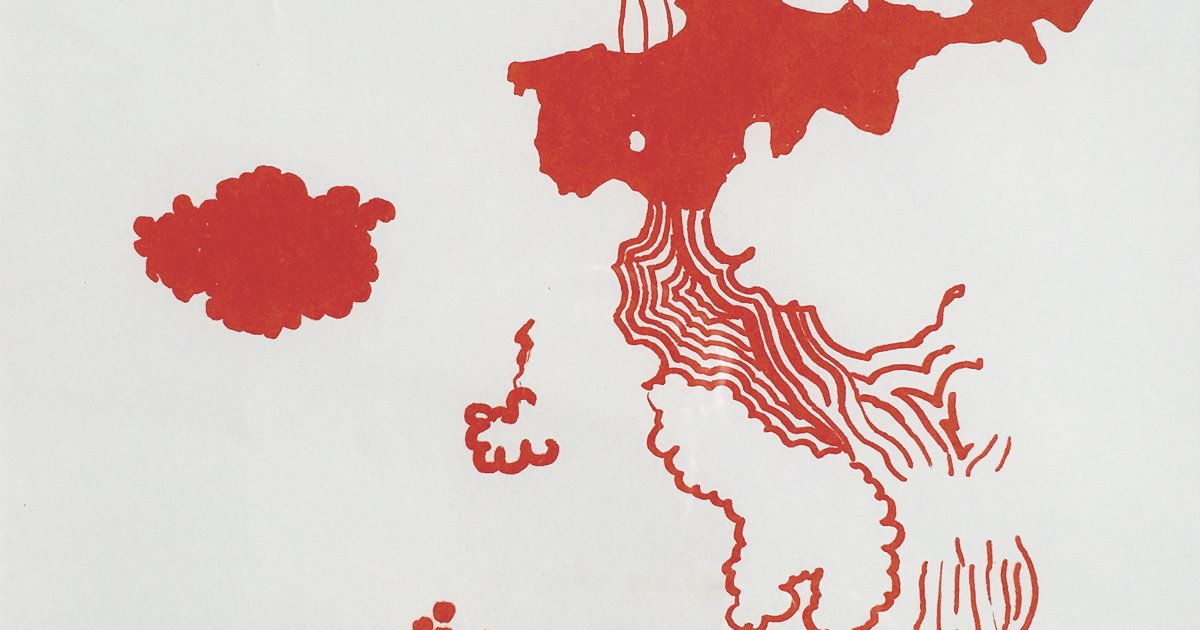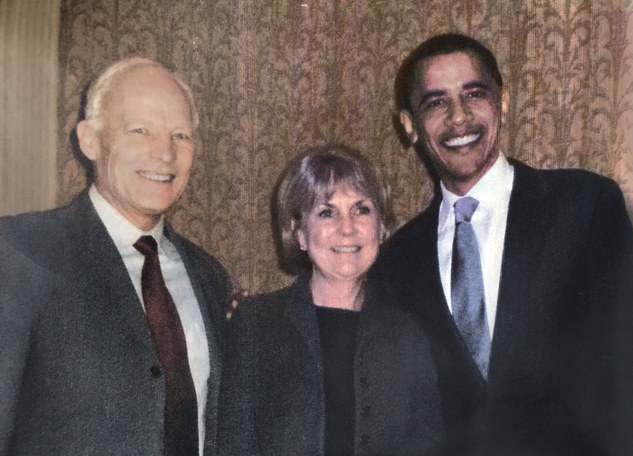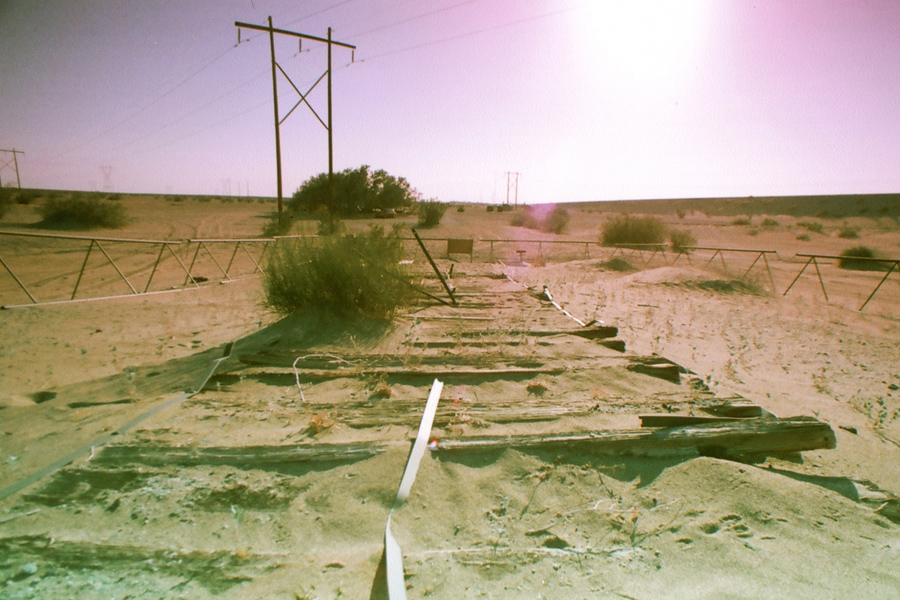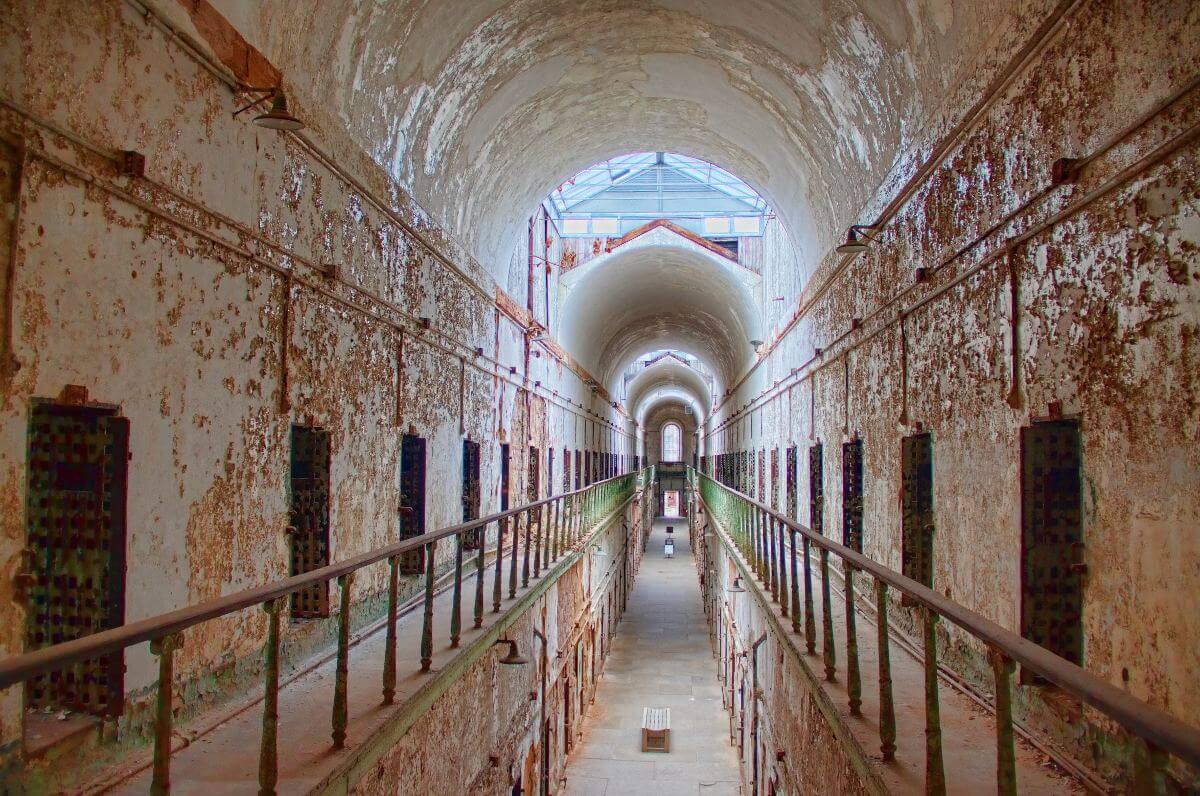Tag: culture change
Football Culture
“When I won the world championship, in 1972, the United States had an image of, you know, a football country, a baseball country, but nobody thought of it as an intellectual country.” —Bobby Fischer Well Bobby, I guess the more things change the more they remain the same. Speaking of football, my family was recently watching the annual Ohio State vs. Michigan football game that would determine who would go to the Rose Bowl and Read More
Grow Grow
“Every blade of grass has an angel that bends over it and whispers, ‘Grow! Grow!'” —Talmud
My grandkids were born prematurely at 26.5 weeks. Ezra weighed a whopping 2 pounds, and Annie weighed a fragile 1.5 pounds.
The Constitution as Culture Audit
One of my favorite tasks as an organizational psychologist is to design, administer, and evaluate culture audits. The design process is the most important part because it entails asking the people in an organization to create norms and values of their own choosing. In focus groups, I ask people to share what they believe are the desired and required norms for their organizations, i.e. what kind of work environment would they find most exciting and Read More
Marketing and Leadership
“When you are made a leader, you aren’t given a crown; you are given the responsibility to bring out the best in others.” —Jack Welch, Former CEO of General Electric There is an old adage that leaders are born not made. That myth became popular as people observed that most leaders had personality traits such as intelligence, charisma, attractive appearance, and confidence. I believe the truth is that effective leaders are typically born AND made, Read More
Disruption, Destruction, and Distraction
Independence Day 2017 “Power can be very addictive, and it can be corrosive. And it’s important for the media to call to account people who abuse their power, whether it be here or elsewhere.” —George W. Bush, 2017 Disruption can be for better for worse. Luckily for me, the two major disruptions in my life turned out for the better. In 1968, at age 23, I was sent to Vietnam as a soldier in Military Read More
Balance and Unity
“I see in the near future a crisis approaching that unnerves me and causes me to tremble for the safety of my country. Corporations have been enthroned and an era of corruption in high places will follow, and the money power of the country will endeavor to prolong its reign by working upon the prejudices of the people until all wealth is aggregated in a few hands and the Republic is destroyed.” —Abraham Lincoln, Nov. Read More
Shams and Shame
In the book, Mark Twain and the Art of the Tall Tale, Henry Wonham quotes Twain as saying, “the moral responsibility of the American humorist is ‘the deriding of shams, the exposure of pretentious falsities,’ and ‘the laughing of stupid superstitions out of existence.’” Thus, he said, “the humorist is the natural enemy of royalties, nobilities, privileges, and all kindred swindles, and is the natural friend of human rights and liberties.” Twain offered high praise Read More
Thinking and Believing
Believe me—Daniel Kahneman got it right: we are more likely to find stories that support our beliefs than seek out evidence in the pursuit of truth. Kahneman is a professor emeritus at Princeton University who wrote the best selling book, Thinking, Fast and Slow. His work is focused on the psychology of judgment and decision-making for which he was awarded the Nobel Prize in Economic Sciences. His findings challenge the assumption of human rationality. Clearly, Read More
Concepts and Skills
Stephen Ambrose, in his new book describing the construction of the Transcontinental railroad, Nothing Like It In the World, suggests that trains were the primary vehicle for introducing the industrial revolution. He quotes an engineer who said, “where a mule can go, I can make a locomotive go.” The poetry of engineering requires both the imagination to conceive and the skills to execute. We use concepts to frame our imagination, we use skills to build Read More
![The Library of Congress Hughey Gold [child with football]](https://rickbellingham.com/wp-content/uploads/2018/12/hugheygoldfb-2.jpg)



